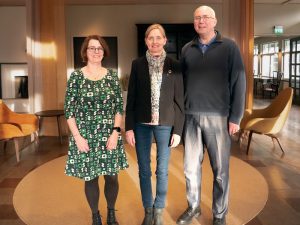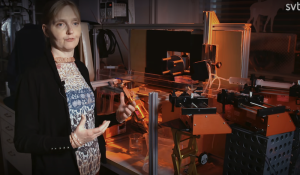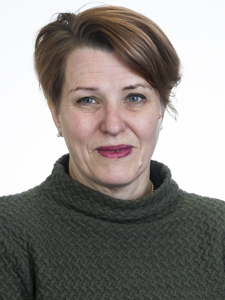
WWSC receives increased funding from KAW for the research on sustainable materials
The continuation of WWSC receives 380 million SEK from Knut Alice Wallenberg’s Foundation. The increased funding leads to that the research program “New materials from trees for a sustainable future” is expanded to make possible a more sustainable future.















